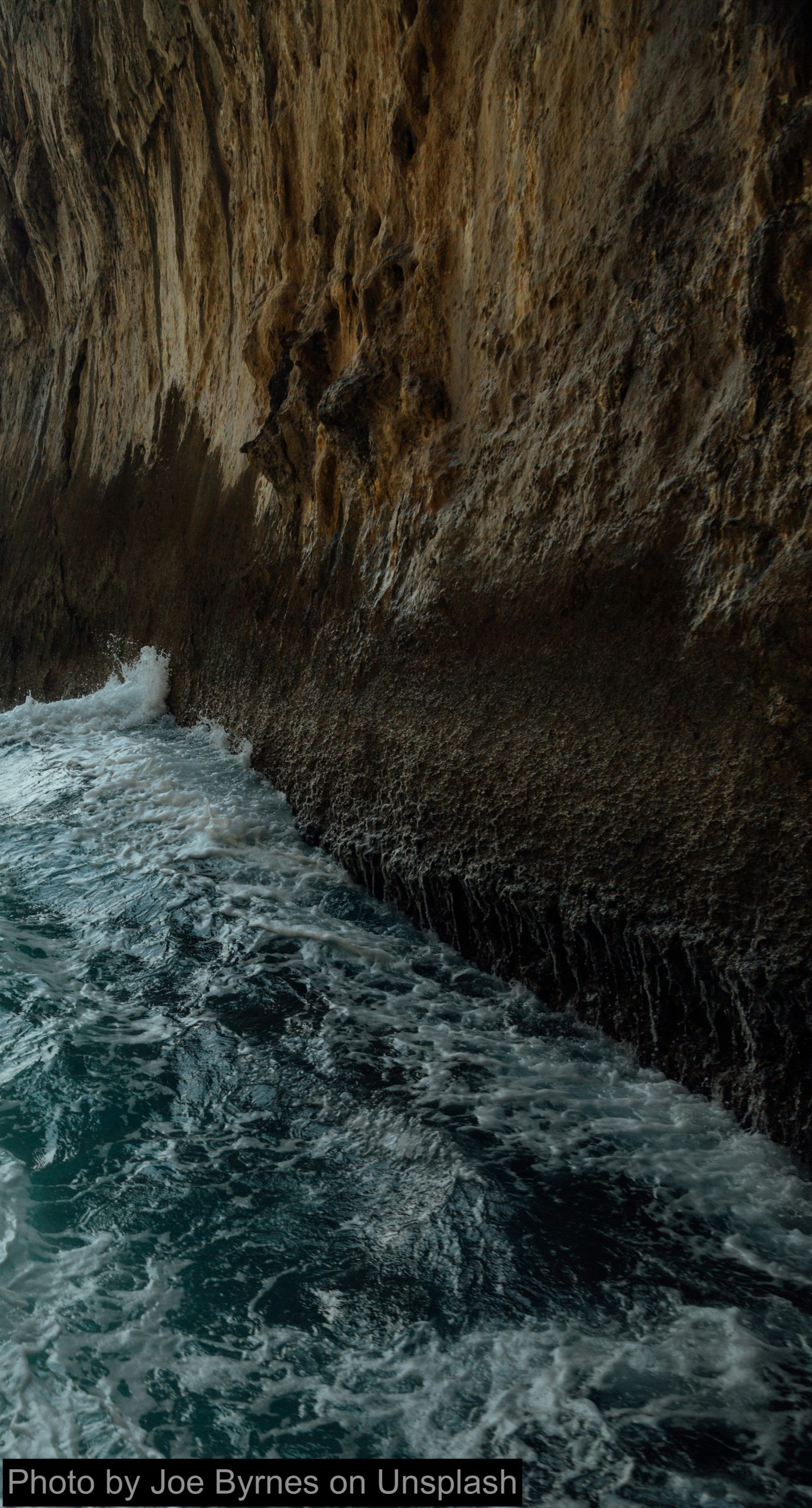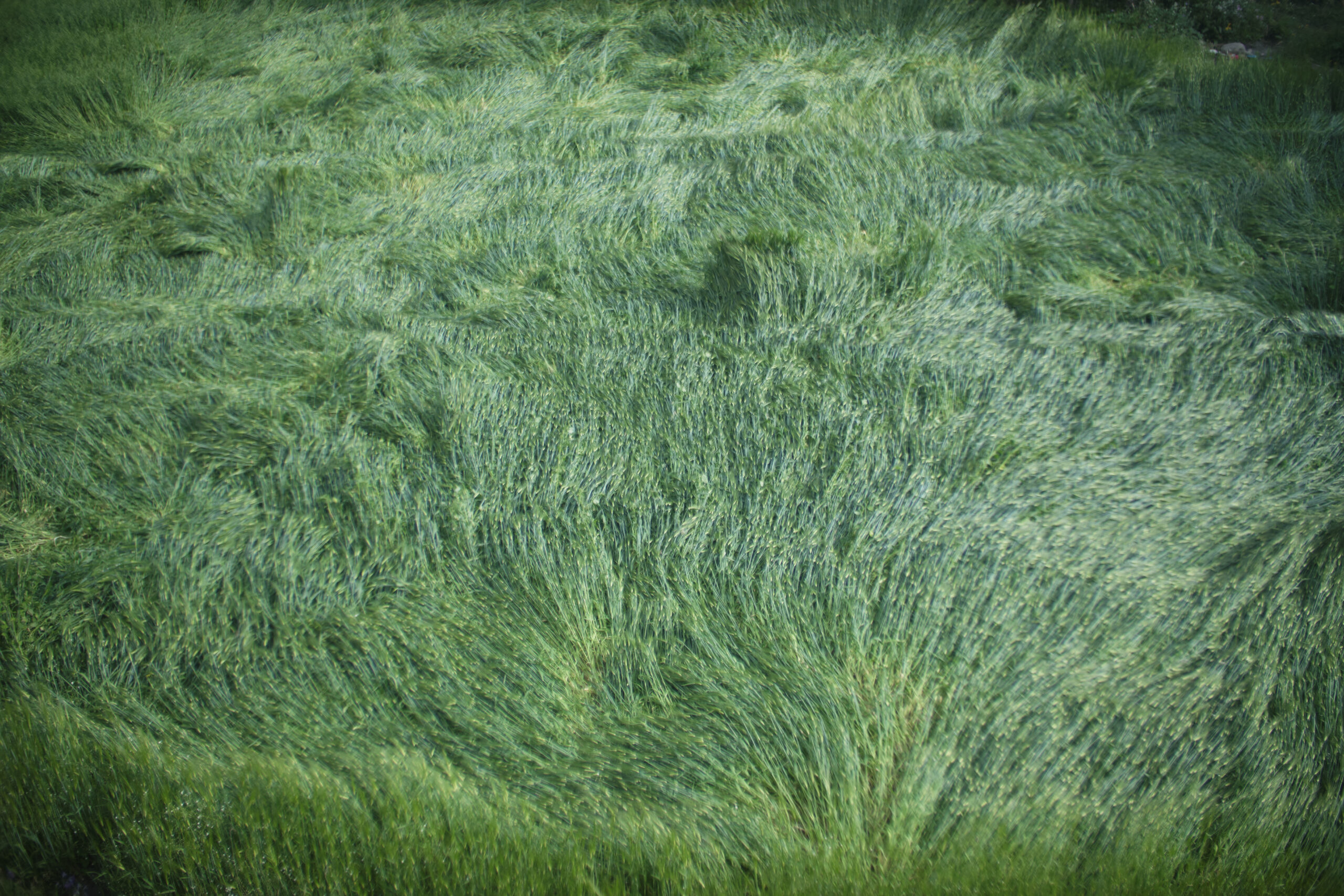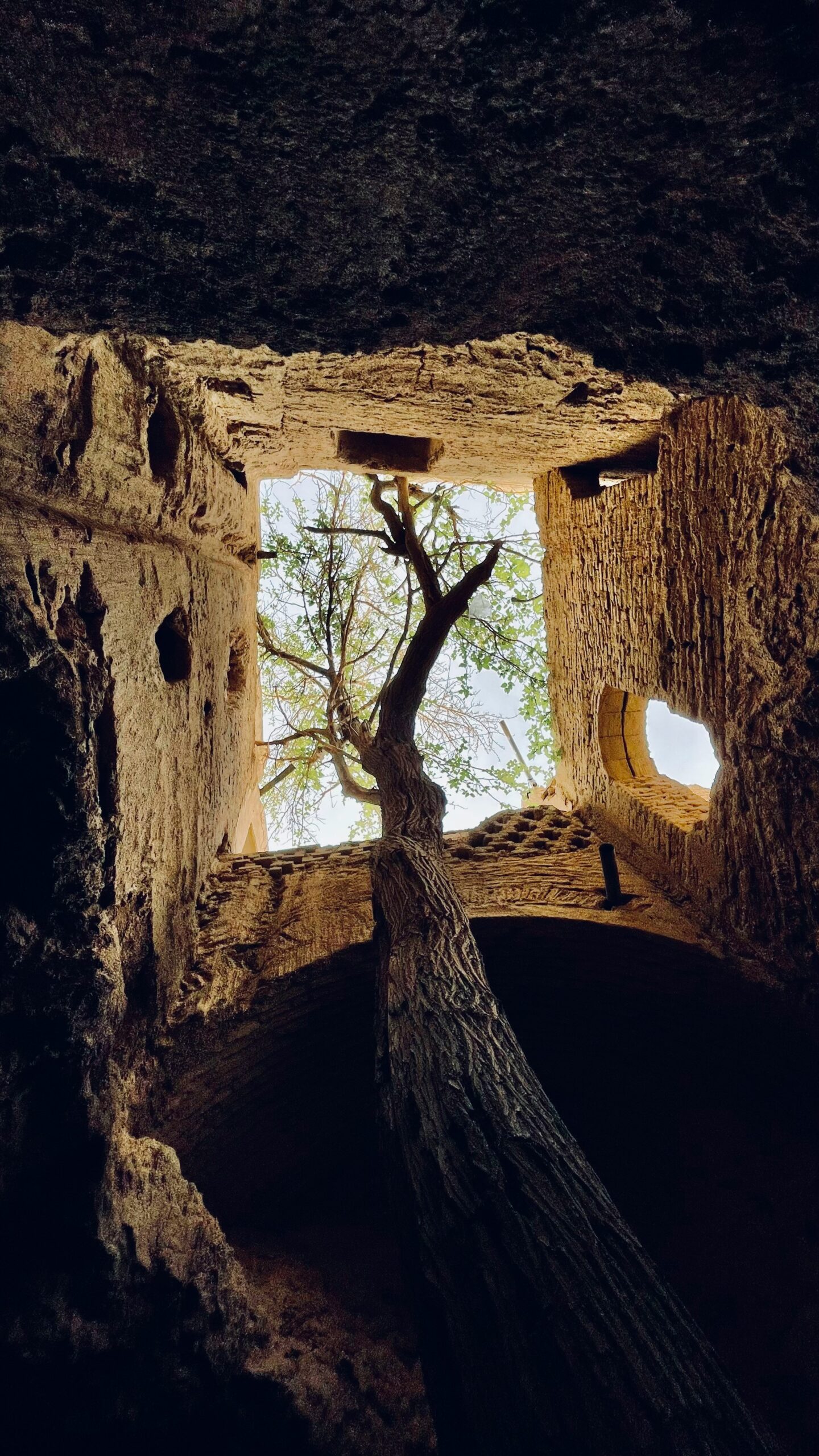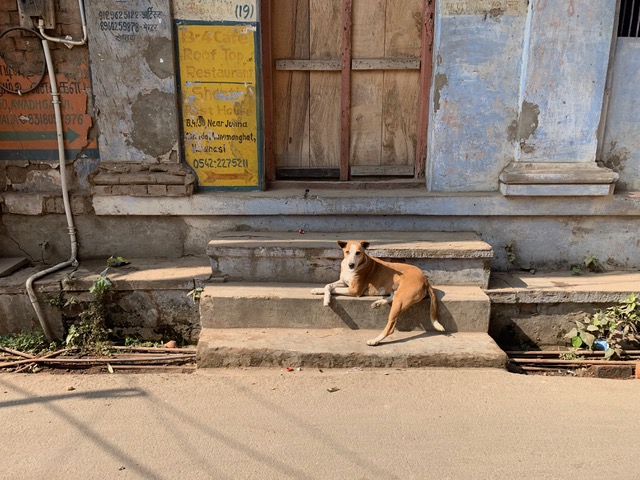They built an ark in Europe
when the ocean rose.
It runs from Gdánsk to Paris to Bucharest
shimmering silver walls
—a giant fishbowl.
And as years goes by, the water fill with sunken boats, rafts,
inflatable sailing devices.
Bags and clothes, driftwood, plastic debris
—all kinds of junk—
amass outside.
Small floater camps,
full of people and bodies,
moaning, crying, and quiet.
Black, brown, and bloated
bodies
hungering, diseasing, wrinkling,
bodies
thirsting, shrinking, peeling
bodies
burning in that beautiful sun.
On hot summer days,
a delicious stench of rotten flesh and shit,
reaches the very top of the pot.
And righteous Fathers
—angry at the clamor and commotion—
order a radiant shower,
declare a purgation.
Big-eyed dust-kids look on from inside the wall,
and nostalgic grandparents reminisce on their tiptoes,
with respirator masks, picnic baskets, and strawberry juice.
For a few weeks after
it’s all blissfully quiet—
the water a charming blue.
Fat cats sail their luxurious yachts above forgotten cities,
art classes study that special human anatomy,
soft and splitting
sunken-cheek models,
silently posing
on little sunken ships.
My sisters saw it all
when I was a whale.
We drifted around the barge a bit,
hunting for shellfish and seaweed,
found forgotten creatures,
picked up a few.
And through my bright animal eyes:
people on top of now-naked mountains,
people in sky-scraping skyscrapers
people in wet-wooden boats
people drift-dead in the ocean.
I don’t know how it all came to be,
but I’m told only a virtuous few
walked up that gangway to Paris.
The holy, the honored, the hallowed
businessmen, politicians,
rich Europeans—
the pure, the proper, the principled,
the ones worth saving.
Everyone else was left outside:
non-beautiful
non-white
—those truly unruly—
cross-border, cross-dressing, refugee/monster-terrorists,
too perverse, too poor.
We wash around the world
wherever the water will take us.
Some turn into mammals or birds,
some into salty foam or sweet sugar kelp.
I survived by my mother’s corpse,
—constructed from fat and metal—
a tortoise trapped in a six-pack plastic-ring
told us how to do it.
One day my body will crumble,
the red-brown iron corrode—
barnacles, crabs, a colony of mussels already eat at my sodden flesh.
I will (be) spray in the sea.
So we break me on the barricades,
shatter me against the gleaming hull,
let the ocean spill in,
through this small, me-shaped gap
of hope.
Author’s Note:
The Ark imagines a future shaped by climate disaster and political violence, where Europe becomes a sealed refuge for the privileged few, leaving refugees and “unruly” bodies to drown. Rooted in present realities, the poem critiques rising border regimes, anti-migrant policies, and far-right Christian movements like Agenda Europe. It weaves religious and ecological imagery to question who gets saved—and who is sacrificed—in the name of order, virtue, and progress.
Author Bio:
Gustav Sandahl (they/them) is a 25-year-old non-binary writer and educator from Denmark, currently based in Mexico City. Their work explores themes of queerness, colonialism, climate destruction, and social transformation. With a background in international relations, critical education, and activism, they are engaged in feminist and anti-colonial movements, and work as a freelance teacher alongside their creative writing. Gustav writes poetry and fiction that blends political critique with intimate, bodily language. The Ark is their first published poem.
Banner Image Credits: Joe Byrnes on Unsplash (Free to use under the Unsplash License)



